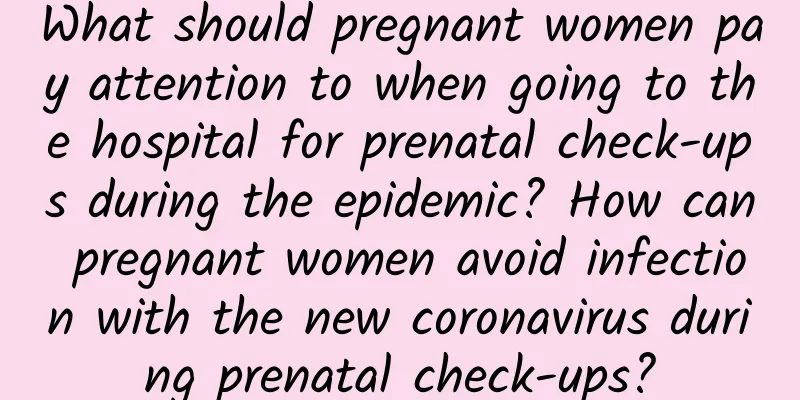Frozen embryo transfer for ectopic pregnancy

|
Pregnancy is a major event that adds joy to a family after marriage, because it is the birth of a new life and plays an important role in family inheritance. However, modern people's ability to get pregnant has greatly declined, causing many people to have difficulty getting pregnant, and at the same time bringing huge crises to families. Modern medical technology has solved the pregnancy problems of most people through embryo transplantation, but it is also prone to adverse reactions. For example, ectopic pregnancy is one of the risks. Let’s take a look at what ectopic pregnancy caused by frozen embryo transplantation is. One month before the test tube, the woman should start supplementing with folic acid, multivitamins, and vitamin E; after 3 months, when her body is in good condition, she can place the frozen embryos, so that the chances of success will be greater. The degree of patency of the fallopian tube has a direct relationship with the occurrence of ectopic pregnancy. Blocked fallopian tubes can cause infertility and ectopic pregnancy. Ectopic pregnancy can also occur during a woman's normal pregnancy, and it can also occur during in vitro fertilization, miscarriage, and premature birth. According to authoritative medical data, the incidence of ectopic pregnancy in IVF (in vitro fertilization) pregnant women is about 5% to 8%. The exact cause is still not very clear. The high-risk factor is pelvic adhesion. Of course, not all patients with pelvic adhesion will have ectopic pregnancy. Some patients had an ectopic pregnancy during their first IVF and a normal intrauterine pregnancy during their second IVF. The incidence of simultaneous intrauterine and ectopic pregnancy during IVF is 0.675%. After removing the ectopic pregnancy lesion and prenatal treatment, most intrauterine pregnancies can continue. Signs of ectopic pregnancy after frozen embryo transfer. First of all, regardless of whether it is a transfer or not, the clinical signs of ectopic pregnancy are the same, such as abdominal pain, vaginal bleeding, and early pregnancy reactions. These may all be signs of ectopic pregnancy, but it is not ectopic pregnancy. For example, vaginal bleeding means ectopic pregnancy, it may be miscarriage, or other problems, such as appendicitis and intestinal cramps may cause abdominal pain. Therefore, after having these symptoms, you must go to the hospital for timely treatment to confirm whether you have an ectopic pregnancy. |
<<: How to abort an ectopic pregnancy
>>: Itchy red bumps on face during confinement
Recommend
The takeaway beef has colored reflections. Is it bad? Can I still eat it?
Many people love to eat beef, such as beef ramen,...
How can hcg be tested to determine whether it is an ectopic pregnancy?
Compared with normal pregnancy, ectopic pregnancy...
How to deal with cervical lesions
Cervical precancerous lesions are relatively comp...
What are the folk remedies for treating cough in pregnant women?
If a pregnant woman has a cough, she may not dare...
Diet therapy for breast hyperplasia, don’t miss these eight foods
There are many diseases for women, and breast hyp...
Can I use hemorrhoid medicine during breastfeeding?
Hemorrhoids bring a lot of trouble to people, bec...
Finger joint pain after cesarean section
The confinement period is the most important time...
Can amniotic fluid embolism be prevented? What are the signs of amniotic fluid embolism?
Amniotic fluid embolism is a condition that pregn...
How many days after the leucorrhea is stringy is it normal to ovulate?
For women, leucorrhea is very normal, but our bod...
How to treat pelvic inflammatory disease after abortion
Abortion is an abortion procedure that many women...
Why is there more vaginal discharge these days?
When hearing about the problem of leucorrhea, eve...
How to eliminate breast lumps? These 5 points must be achieved!
Sometimes, female friends will find lumps in thei...
How to develop a slim waist and long figure with thin shoulders
Many people want to have a slim figure with narro...
Is toothpaste necessary for postpartum period?
Confinement is a very important priority, so you ...
What to eat for female facial melasma
Chloasma is actually quite familiar to everyone, ...









